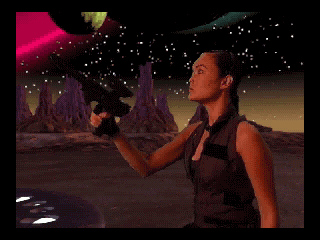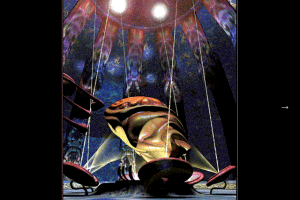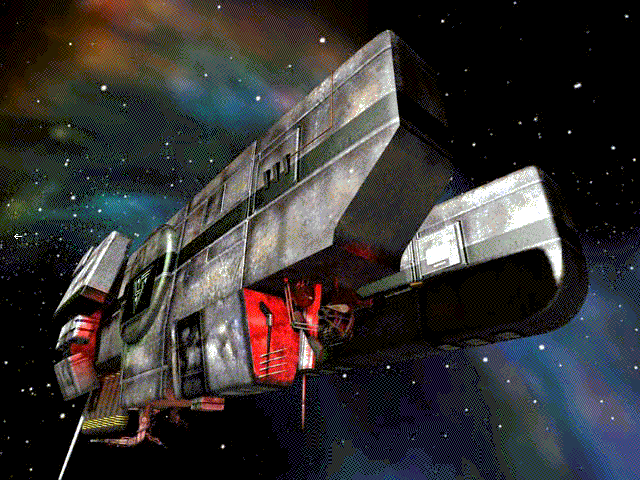

With your own craft disabled, and the alien ship on a collision course, you must explore it to find out what has gone wrong and to make a course correction. In due course you stumble literally into an alien craft. Your buddies rescue you from the lab so that you can go exploring - scavenging the galaxy for wreckage and artifacts left over from the war. Centaurs, Labyrinths, Automata offer clues to the origins and ultimately the futures of humanity and what might come after it.The interstellar war is over, leaving you, a casualty, as a disembodied brain inside a life support system. Daedalus himself is an archetype for creation and mastery, the designer of artefacts and machines which would be the beginning of forays into the total domination of nature. Designed by humans it offers mysteries that would be repeated time and time again – a motif which is replicated through human history. The Labyrinth, constructed by Daedalus, is itself a prison and a way of thinking about making, designing, and human aspiration.

The Centaur hints ultimately at the idea of the genesis of civilisation itself. The Centaur mythologies display a fascination with animals and what binds and divides human beings from them. We encounter the rioting Centaurs there and never again cease to conjure them up time and time again through our history. The “Never Never Lands” of the ancient world contain fabulous beasts and humans and landscapes of desire and violence. We return time and time again to construct and re-construct the beings which were part of its cosmology and mythology – stories enacted from a classical world which is itself at once imaginary and material.

We obsessively return to that thought, tread again its pathways, re-enact its stories, repeat its motifs and gestures. One part of our human thought emerges from classical Ionia and Greek civilisation more generally. It meanders through the darkness to encounter the monsters at the heart of the maze: Minotaurs, Centaurs, Automata, Makers, Humans. This book treads new paths through the labyrinths of our human thought.


 0 kommentar(er)
0 kommentar(er)
